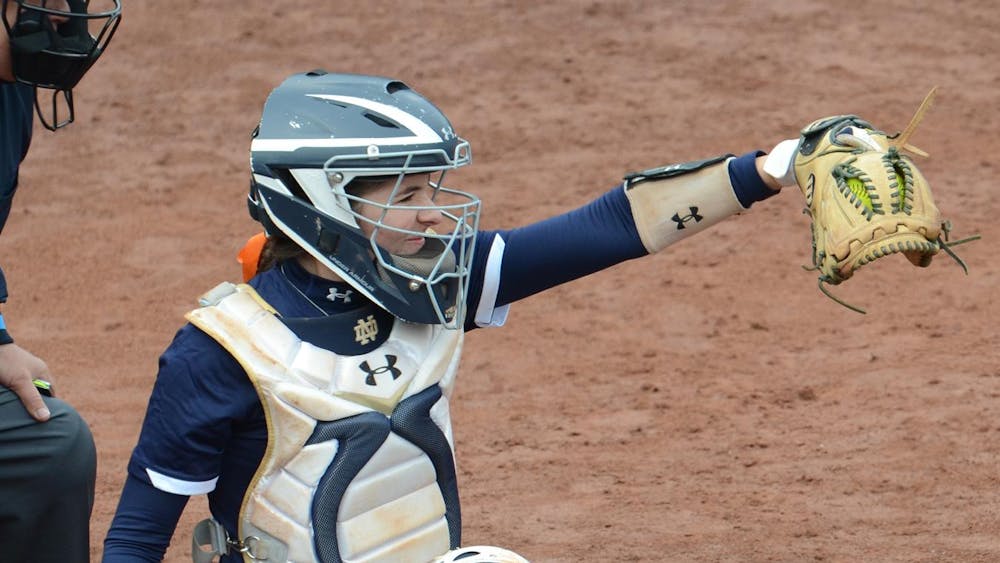Editor's note: This is the eighth in a 12-part series discussing the defining sportsman (or woman) of this century. Here, Vicky Jacobsen argues for Serena and Venus Williams. Join the discussion on Twitter by using #DefiningSportsman.
I'm breaking the rules here: I'm not going to name one defining athlete of the 21st century (so far). That's because it seems just wrong to discuss Serena Williams without Venus - her older sister, greatest opponent, doubles partner and most notable fan.

You could make an argument for their sporting dominance based on major wins alone. Serena has won 15 singles titles in Grand Slam tournaments; Venus has claimed seven. They have 13 Grand Slam doubles titles as partners, and each has two mixed doubles titles to go along with four Olympic gold medals.
Then there's their longevity in a sport that makes old ladies of 25 year olds. Venus first topped the women's rankings in February of 2002, and Serena took the No. 1 spot in July of that year. An astonishing 11 years later, Serena is again the best women's player in the world, while Venus is still a respectable No. 20. During the 2010 French Open, they were the top two singles players in the world as well as the No. 1 doubles team. Not even the Manning brothers can claim that sort of familial dominance at the quarterback position.
If you're still not convinced, you could look at what the Williams sisters have come to represent in terms of greater athletic opportunities for women and racial minorities. The pair spent their formative years in Compton, Calif., and many Americans, at least, found their public court introduction to tennis to be a welcome difference in a sea of tennis-academy products. They showed the world they didn't have to be from the country club or Eastern Europe to thrive in one of the world's more genteel sports.
At the same time, the sisters' somewhat controversial father and coach, Richard Williams, proves the overly-involved helicopter parent is no longer confined to a few high-income suburbs and Ivy League feeder schools but has spread to every locale in the United States and can be found on every playing ground.
Women's athletics were once smaller, daintier, slower versions of men's contests. But that attitude is changing, and fast: We live in a world where a woman has won the pole at the Daytona 500 and a dunk in a girls' basketball game no longer warrants headlines. The Williams sisters were at the forefront of this change. They hit for power - Venus has served at 130 miles per hour, which ties her for the fastest serve ever hit by a woman. Serena isn't far behind with a 129 mph serve of her own. She knows how to use it too. Just last year, she broke the Wimbledon tournament record by hitting 102 aces during the two-week tournament (For those of you who like to keep track of these sorts of things, that's more than any man hit).
That intensity isn't just physical - Serena's outbursts are almost worthy of John McEnroe (Back in 2011, her comments directed at a chair umpire included the accusation that she was "unattractive on the inside").

But what would a modern athlete be without a dose of controversy? (There's a reason none of us are arguing for San Antonio Spurs forward Tim Duncan as the defining athlete of our generation.) The Williams sisters have been through it all: racially charged incidents, fines, huge amounts of TV commercials, weird injuries and illnesses. They branded themselves before NFL quarterbacks thought to do so, designing their own tennis outfits and paying more attention to fashion and other side projects than some tennis authorities would've liked. But they've outlasted their contemporaries and are now terrorizing a new generation of wunderkinds. They could've retired long ago, knowing they were two of the best to ever play the game. There's really only one reason why they're still out there competing: They love the game as much as we've loved watching them play it.
Contact Vicky Jacobsen at vjacobse@nd.edu
The views expressed in this Sports Authority are those of the author and not necessarily those of The Observer.












